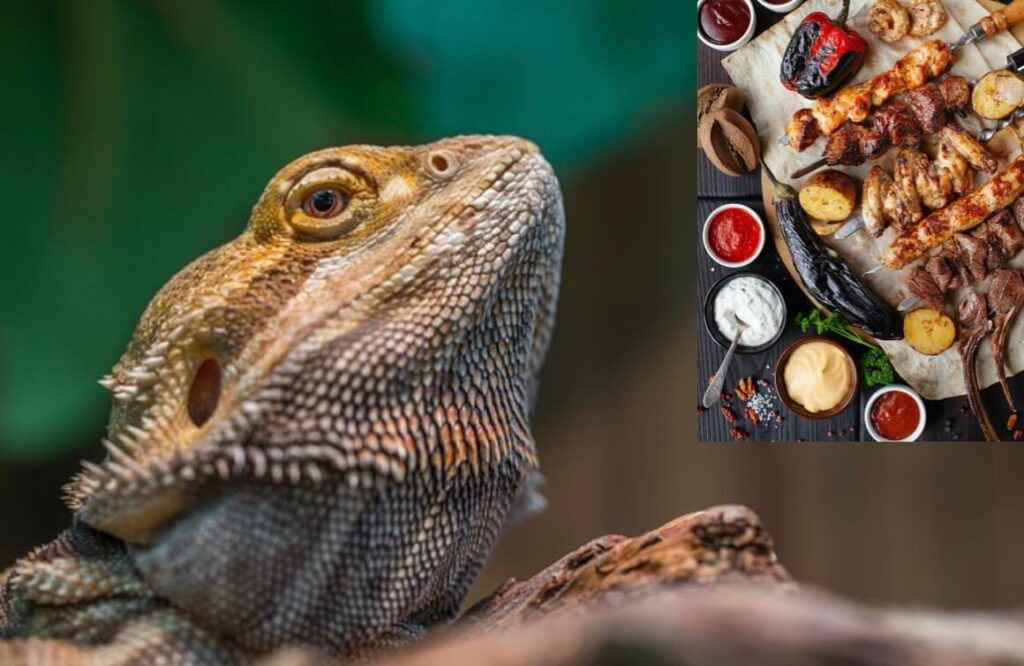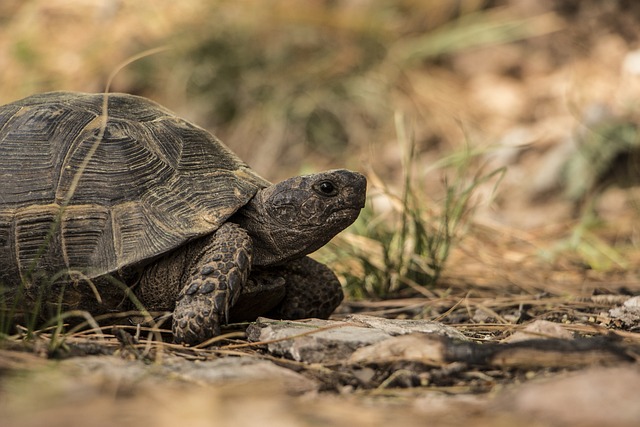If you’re wondering “what do bearded dragons like to eat?,” our guide has a bearded dragon list of food to eat and food to avoid.
Read on to learn about nutrition for bearded dragons and how to feed them a proper diet to keep them healthy and happy.
Bearded dragon list of food
- Bearded dragon list of food
- Foods bearded dragons can eat:
- Getting your bearded dragon calcium:
- Vegetables to feed your bearded dragon:
- Insects to feed your bearded dragon:
- Worms to feed your bearded dragon:
- Fruit to feed your bearded dragon:
- Berries to feed your bearded dragon:
- Flowers to feed your bearded dragon:
- Herbs to feed your bearded dragon:
- How often should you feed a bearded dragon?
- What should a bearded dragon not eat?
Foods bearded dragons can eat:

Bearded dragons are insectivores, which just means they thrive on insects as well as plant materials.
If you have a juvenile bearded dragon (between six and eighteen months old), give them about 80% vegetables and 20% live insects.
As your pet transitions into adulthood, the best diet for bearded dragons is the inverse, so 20% plant materials and 80% insects.
Getting your bearded dragon calcium:
Calcium is especially vital to a bearded dragon, especially a young one that is still growing. There are several ways to introduce more calcium into your beardie’s diet:
- Add in more high calcium vegetables like dandelions, bok choy, and collard greens.
- Dust calcium powder over their insects and vegetables to increase calcium levels.
- Make sure they’re getting their 12 hours of UVB exposure as they need this light to be able to properly absorb nutrients.
Vegetables to feed your bearded dragon:
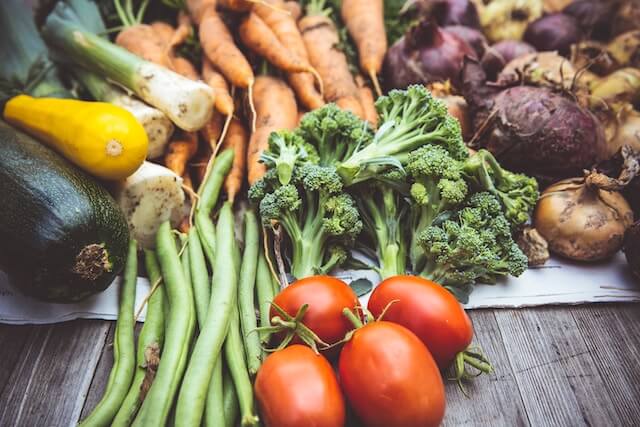
Vegetables are vital for bearded dragons, both when they’re growing up and when they’ve grown into adulthood. Here are some of the best vegetables for them:
- Peas
- Dandelion
- Green beans
- Cabbage
- Zucchini
- Pumpkin
- Collard greens
- Bok Choy
- Kale
- Dandelion
- Bell Peppers
- Mustard greens
- Arugula
- See our full list of vegetables to feed your bearded dragon
Insects to feed your bearded dragon:
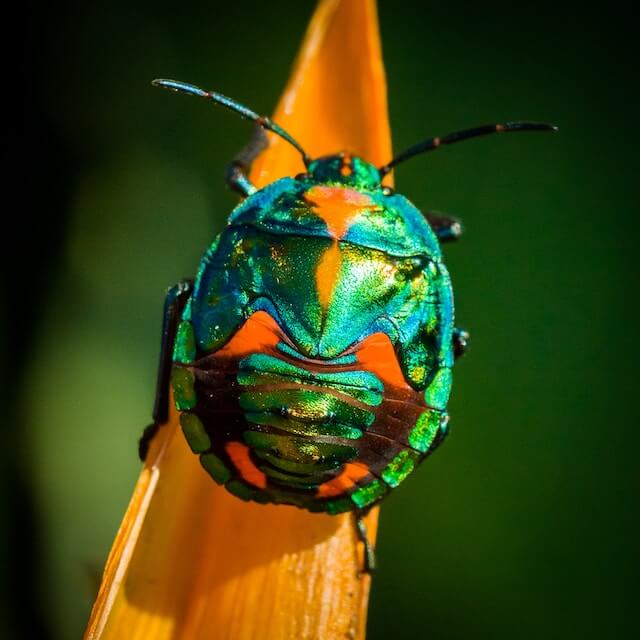
These are the best insects to feed bearded dragons daily, and provide a great deal of protein, calcium, and vitamins. They make great feeder insects for your bearded dragon.
- Crickets
- Dubia roaches
- Crickets
- Grasshoppers
- Praying mantis
- Rolly pollies
- Cicadas
- See our full guides to insects you can feed your bearded dragon and worms to feed your bearded dragon
Quick note: Live insects raised by you or bought from the pet store are best because they’re definitely pesticide free.
Worms to feed your bearded dragon:
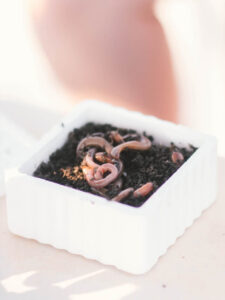
- Silkworm
- Butterworm
- Hornworms
- See our full guides to worms to feed your bearded dragon
Quick note: Worms from the pet store or raised by you are best because they’re definitely pesticide and parasite free.
Fruit to feed your bearded dragon:

In general, fruit has a high phosphorus to calcium ratio. In bearded dragons, it’s important to be aware of the phosphorus and calcium content in food you feed them. Why? Bearded dragons need a good amount of calcium to grow and to maintain bone and muscle health in adulthood. However, phosphorus inhibits the absorption of calcium if there’s too much of it, relative to the calcium amount.
Because of this, bearded dragons should only eat fruits every three to four days, at most.
- Peaches
- Apples
- Blueberries
- Strawberries
- Grapes
- See our full guide to fruit to feed your bearded dragon
Berries to feed your bearded dragon:
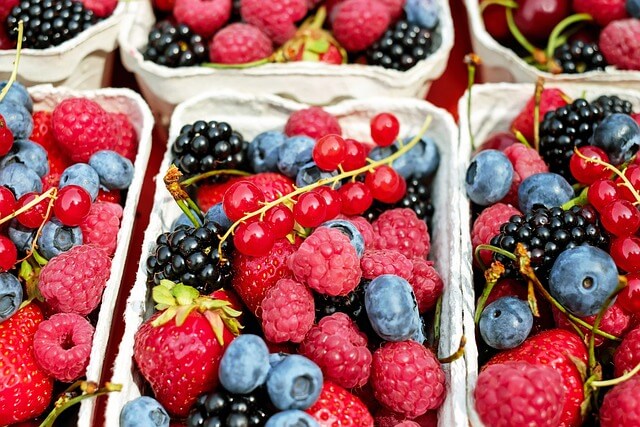
- Blueberries
- Raspberries
- Watermelon (Yes, they are technically a berry!)
- Kiwi
- Cranberries
- Strawberries
- Blackberries
- See our full guide on: feeding your bearded dragon berries
Flowers to feed your bearded dragon:
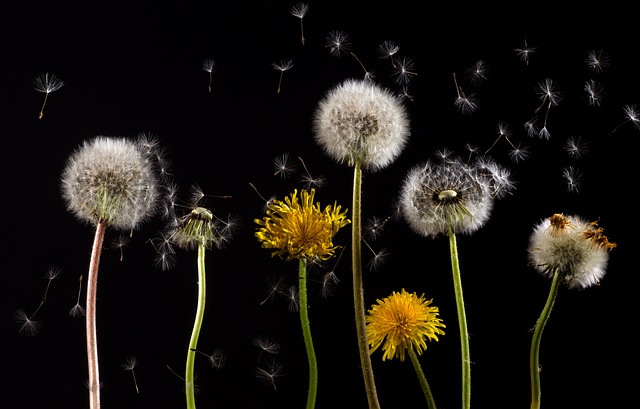
All the below flowers are edible for bearded dragons and some provide immense nutritional value to them!
- Dandelions (daily)
- Sunflowers
- Violets
- Dahlias
- Geraniums
- Hibiscus
- Lavender
- Roses
- See our full guide to feeding your bearded dragon flowers here.
Herbs to feed your bearded dragon:

Most herbs don’t provide a whole lot of nutritional value for bearded dragons, but they do add flavor and can entice your bearded dragon to eat more if they don’t have an appetite.
- Lavender
- Tarragon
- Fennel
- Lemongrass
- See our full guide to: Herbs to feed your bearded dragon
How often should you feed a bearded dragon?
During the first 3-6 months of your beardie’s life, try to feed them four to five times a day by giving them as many insects as they’d like in 10 minutes. They’re growing and need lots of protein during this stage.
Reduce the number of feedings to about two to three times a day when they’re growing into their juvenile years (between six and eighteen months).
As they become an adult, you can feed them once daily.
What should a bearded dragon not eat?
Bearded dragon list of food to avoid:
- Dog food
- Onions
- Leeks
- Chives
- Mushrooms
- Garlic
- Acidic fruit like oranges, lemons
- Rhubarb (can be toxic to them)
- Avocados (surprisingly, these make them ill)
- Eggplant
- Insects caught in the wild (there may be pesticides covering them)
- Venomous insects
- Dairy
- Rice and grains of any kind
- Frogs and toads
- Ham
- Bread of any kind
Feel free to email with any questions or suggestions!

